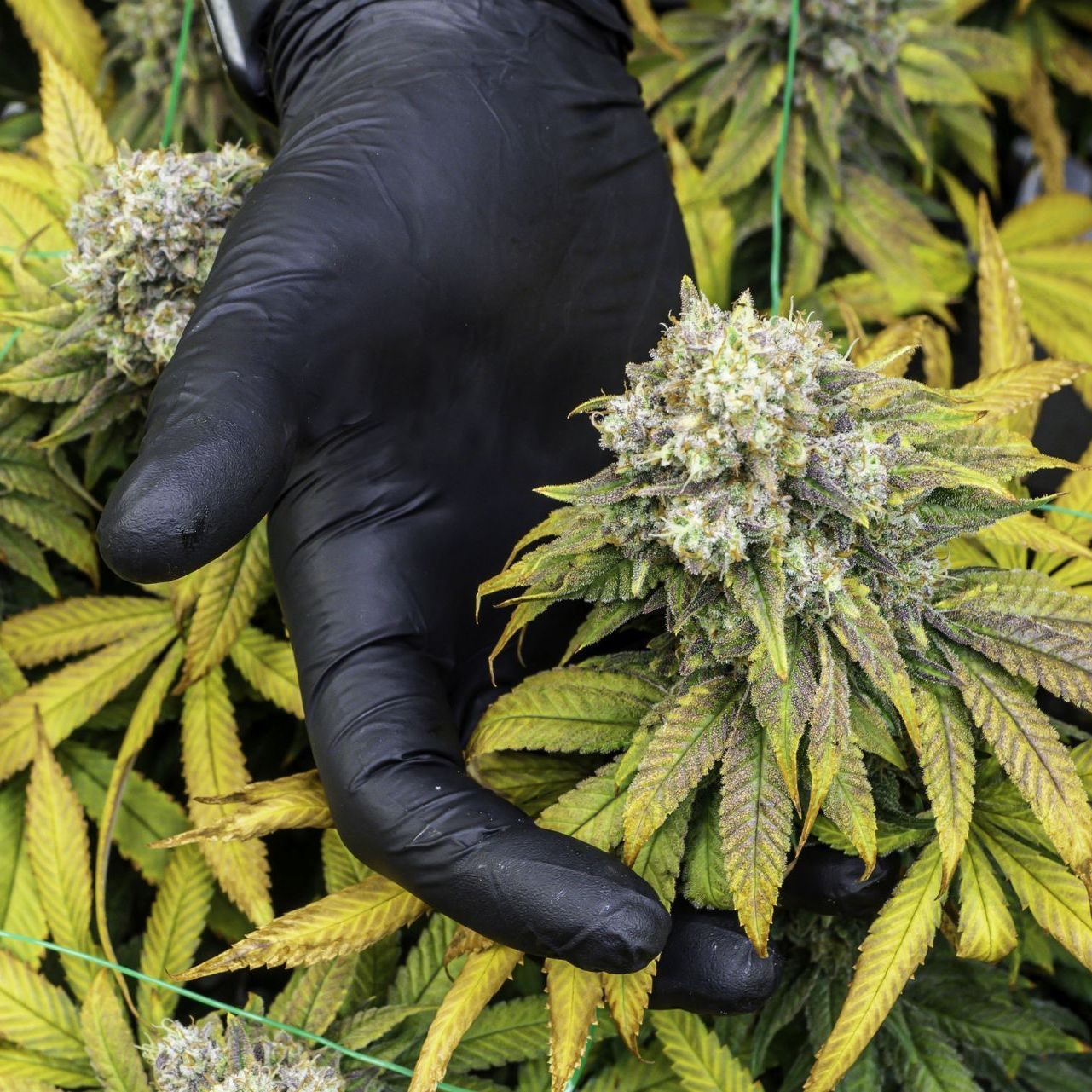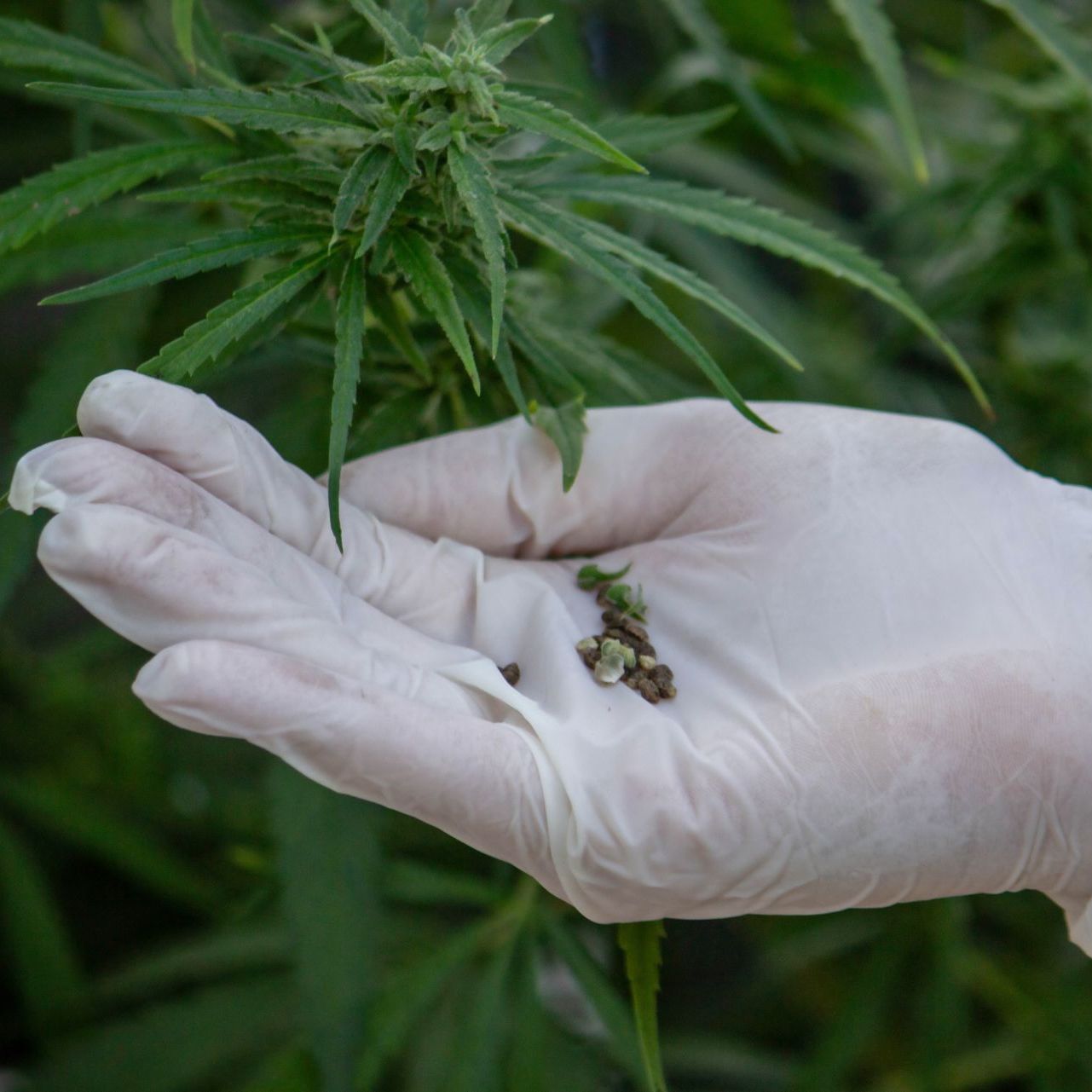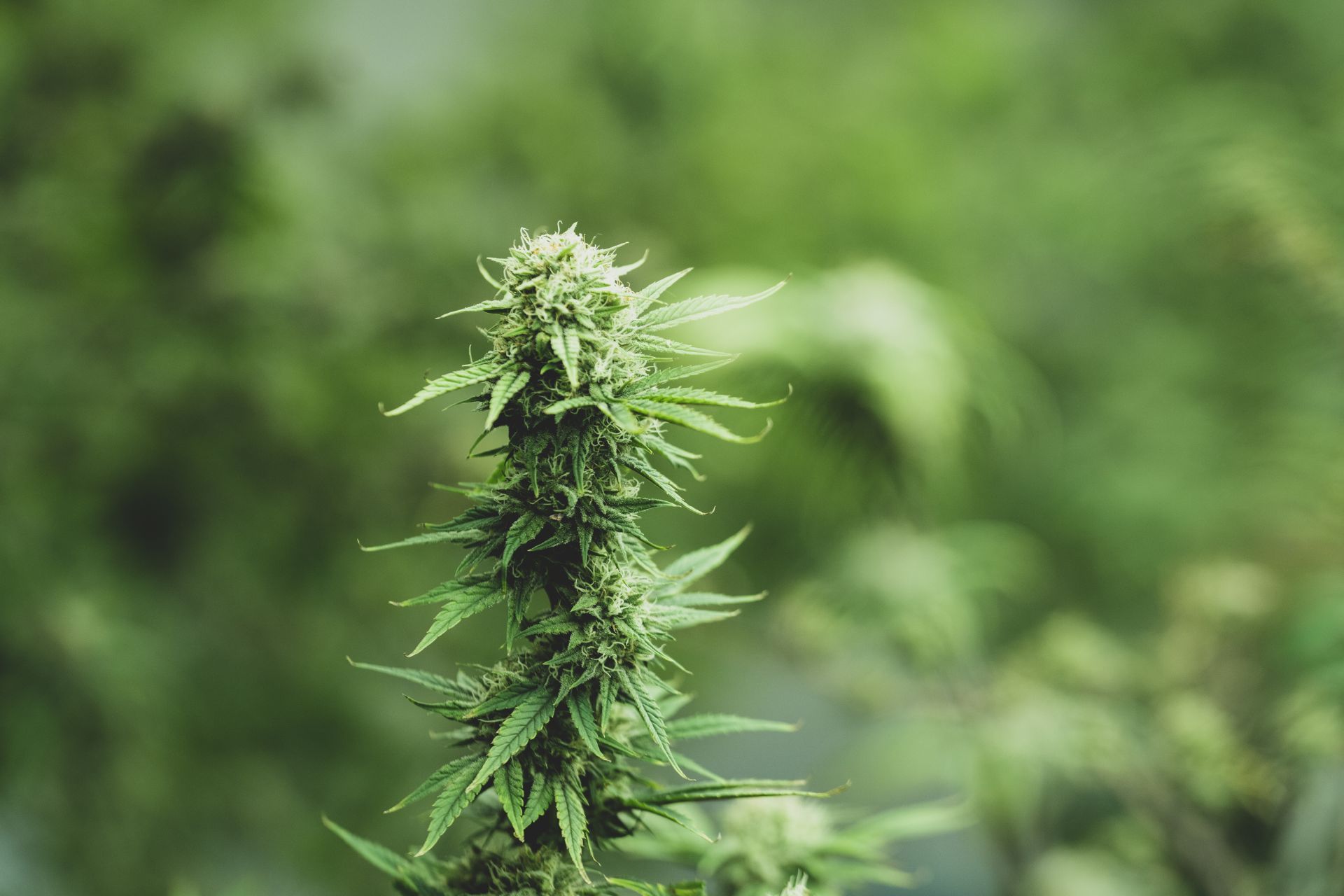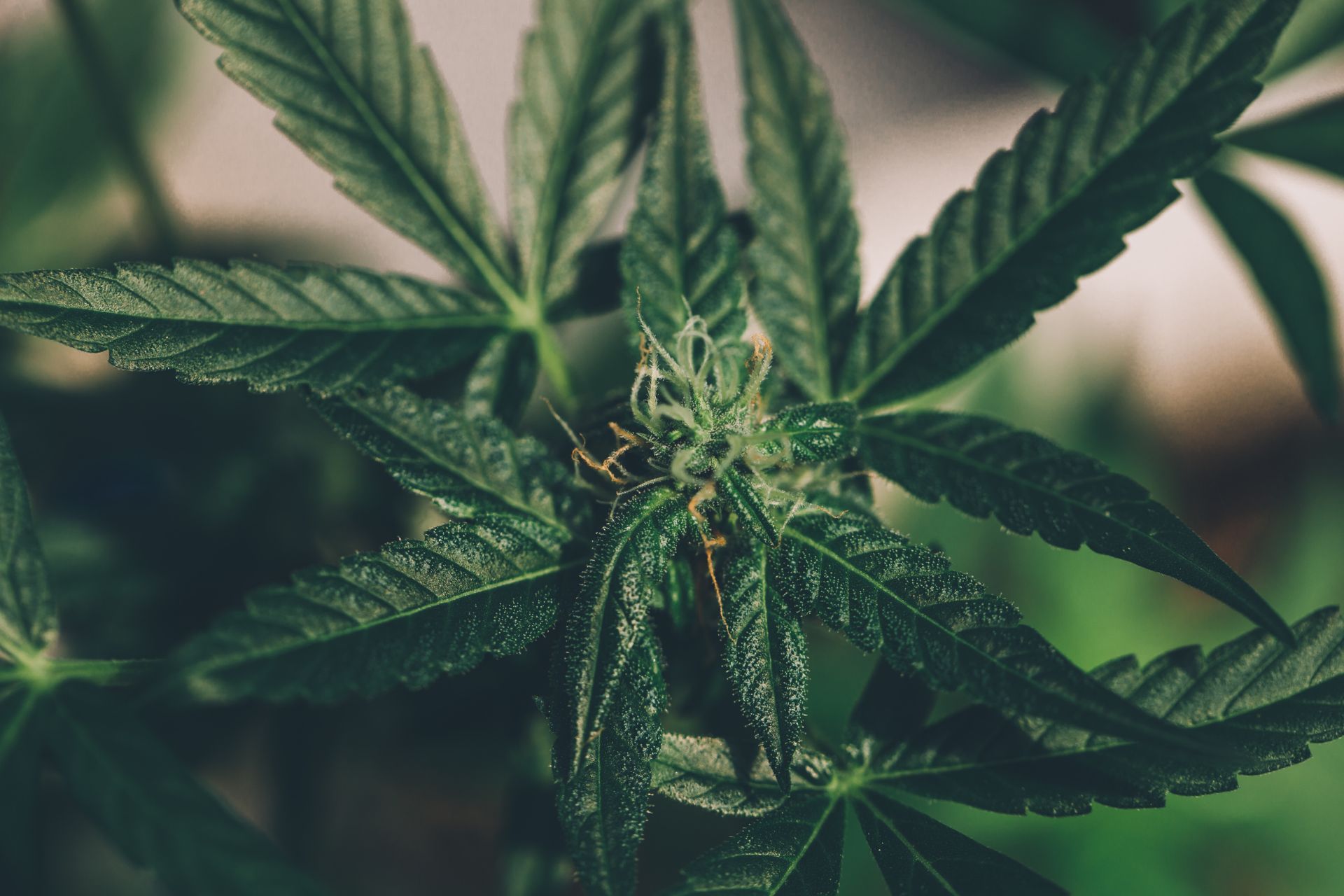Running a cannabis dispensary in Minnesota presents unique challenges, especially when it comes to insurance. With the state’s evolving cannabis market and new products hitting shelves beyond traditional dispensaries, understanding insurance coverage and costs is more critical than ever. Whether you operate a medical cannabis dispensary or are exploring the newer intoxicating cannabinoid products now available in grocery stores and restaurants, this guide breaks down what you need to know to protect your business effectively.
Understanding Minnesota’s Cannabis Market Landscape
Medical cannabis has been legal in Minnesota for several years, and the market has steadily grown. Around 721,576 adults in the state consume cannabis monthly, showing a substantial and expanding customer base for dispensaries and related businesses. The average cost for a 30-day supply of medical cannabis dropped from $362 in 2016 to $316 in 2019, reflecting increased accessibility and possibly more competitive pricing across the state.
This pricing aligns closely with other states that have medical cannabis programs, suggesting Minnesota’s market is competitive but stable. For dispensary owners, this means pricing strategies must consider both patient affordability and operational costs, including insurance premiums.
Recently, Minnesota authorized the sale of intoxicating cannabinoids like delta-8 and delta-9 THC in grocery stores, gas stations, and restaurants. This expansion introduces new risks and liabilities, especially around consumption in public or semi-public venues, complicating the insurance landscape for cannabis businesses. The regulatory framework around these products is still evolving, and businesses must stay informed to navigate compliance effectively. Additionally, consumer education becomes paramount as the public may not fully understand the differences between various cannabinoids and their effects.
As the market continues to mature, the rise of cannabis-related events and festivals has also contributed to the cultural acceptance of cannabis in Minnesota. These gatherings not only promote local businesses but also serve as platforms for education, where consumers can learn about the benefits and responsible use of cannabis. The community engagement seen at these events fosters a sense of camaraderie among users and advocates, further solidifying the cannabis culture within the state.
For more detailed insights on Minnesota’s medical cannabis pricing and market, the state’s official price study report offers valuable data.

Article By: Deb Sculli
Cannabis Insurance Specialist
TruePath Insurance is fully licensed and authorized to provide comprehensive insurance solutions across multiple states.
We proudly serve individuals and businesses nationwide, offering access to trusted regional and national carriers. Our goal is to help clients find reliable, affordable coverage that aligns with their goals—whether for personal protection, business stability, or long-term financial security.
Key Insurance Coverage Types for Minnesota Dispensaries
Dispensary owners face a variety of risks that standard business insurance policies might not cover. Specialized cannabis insurance policies have emerged to address these gaps, but coverage can be costly and limited. Here are the main types of insurance coverage dispensaries should consider:
General Liability Insurance
This protects against third-party claims of bodily injury or property damage. For example, if a customer slips inside your dispensary or alleges harm from your product, general liability insurance helps cover legal fees and settlements.
Given the nature of cannabis products, insurers often scrutinize these policies closely. Some carriers may exclude claims related to product consumption, so it is critical to verify the scope of coverage. Furthermore, dispensaries should consider the implications of local regulations and community standards, as these can influence both the likelihood of claims and the terms of coverage. Engaging with a knowledgeable insurance broker who specializes in cannabis can provide insights into the nuances of these policies and help ensure adequate protection.
Product Liability Insurance
Because cannabis products can cause adverse reactions or other health issues, product liability insurance is essential. This coverage protects against claims arising from the use of your products, including contamination or inaccurate labeling.
With the rise of intoxicating cannabinoids sold outside traditional dispensaries, this coverage becomes even more important. The risk of consumption liability is evolving as these products appear in bars and restaurants, increasing the potential for claims. Dispensary owners should also be proactive in implementing rigorous quality control measures and thorough product testing to mitigate risks. By ensuring that products meet safety standards and are accurately labeled, dispensaries can not only protect their customers but also strengthen their defense against potential liability claims.
Property Insurance
Dispensaries must protect their physical assets, including inventory, equipment, and storefronts. Property insurance covers losses from theft, fire, vandalism, and other perils.
Since cannabis products are often high-value inventory, some insurers require additional safeguards like security systems or vaults to underwrite property coverage. Additionally, dispensaries should be aware of the unique risks associated with their specific location, as urban areas may face different threats compared to rural settings. Implementing comprehensive security measures, such as surveillance cameras and alarm systems, not only helps in securing property insurance but also enhances the overall safety of the business and its clientele.
Workers’ Compensation Insurance
If you have employees, Minnesota law requires workers’ compensation coverage. This protects workers injured on the job and shields your business from related lawsuits.
Moreover, the cannabis industry often involves unique job hazards, from handling heavy equipment to managing inventory of potentially hazardous materials. Therefore, dispensary owners should conduct regular safety training and maintain a safe working environment to minimize the risk of workplace injuries. This proactive approach not only fulfills legal obligations but also fosters a positive workplace culture, which can lead to higher employee satisfaction and retention.
Consumption Liability Insurance
One of the newest and most complex coverage areas involves consumption liability. As Norman Ives, cannabis practice leader at Amwins, explains, “With this product being sold in various places, you’re seeing a consumption liability risk evolve, especially in places like bars.”
This means businesses selling intoxicating cannabinoids face potential claims if customers consume products on-site and cause harm to themselves or others. Insurance policies covering this risk are limited and often come with high premiums. As the market continues to evolve, dispensaries should stay informed about legislative changes and emerging trends that could affect consumption liability. Collaborating with legal experts and insurance professionals can help dispensary owners navigate this complex landscape and develop strategies to manage their exposure effectively.

Insurance Cost Factors for Minnesota Dispensaries
Insurance premiums for cannabis businesses in Minnesota can vary widely depending on several factors. Understanding these can help dispensary owners budget effectively and seek the best coverage options.
Product Range and Sales Channels
Dispensaries selling only medical cannabis typically face different risks than those offering intoxicating cannabinoids in bars or restaurants. The latter scenario increases consumption liability and often results in higher premiums.
As noted by Bob Galligan from the Minnesota Craft Brewers Guild, the success of THC consumption in bars has been “dampened by astronomical insurance pricing and hard-to-find policies.” This highlights how expanding sales channels can increase insurance costs significantly. Furthermore, the type of products offered—such as edibles, oils, or flower—can also play a role. For instance, dispensaries that sell high-potency products may encounter additional scrutiny from insurers, leading to further increases in premium costs due to the perceived higher risk of misuse or adverse effects.
Location and Security Measures
Dispensaries located in high-traffic or urban areas may face higher premiums due to increased risk of theft or liability claims. Conversely, robust security systems, surveillance, and strict inventory controls can reduce premiums by lowering risk. The presence of security personnel, alarm systems, and secure storage for high-value products can significantly influence the insurer's perception of risk. Additionally, dispensaries situated in neighborhoods with higher crime rates may need to invest more in security measures, which can lead to a cyclical effect of rising costs and premiums.
Claims History and Business Size
A dispensary with a history of claims or a larger operation with more employees and customers will typically pay more for insurance. Insurers assess risk based on past incidents and the scale of business activities. For example, a dispensary that has faced multiple liability claims may find it challenging to secure affordable coverage, as insurers may categorize it as a high-risk business. Moreover, larger dispensaries that operate multiple locations may also face unique challenges, as each site could have its own set of risks, requiring comprehensive assessments and potentially leading to higher overall premiums.
Regulatory Compliance
Strict adherence to Minnesota’s cannabis regulations can influence insurance costs. Businesses that maintain proper licensing, follow product testing protocols, and implement safety measures may find it easier to secure coverage at reasonable rates. Compliance not only protects the business from legal repercussions but also builds trust with insurers. Insurers often favor businesses that demonstrate a commitment to safety and regulatory adherence, which can translate into lower premiums. Additionally, ongoing education and training for staff regarding compliance and safety practices can further mitigate risks and positively impact insurance costs.
Challenges in Securing Cannabis Insurance in Minnesota
The cannabis industry nationwide faces insurance challenges, but Minnesota’s recent market developments add extra layers of complexity. The expansion of intoxicating cannabinoid sales into grocery stores and restaurants has created new liability exposures that many insurers are hesitant to cover.
Limited carrier availability means dispensaries often encounter high premiums and restrictive policy terms. Some businesses struggle to find coverage at all, especially for consumption liability risks.
Industry reports highlight that these challenges are not just theoretical. They impact day-to-day operations and can restrict growth opportunities. Dispensaries must navigate a market where insurance is both necessary and difficult to obtain.
Moreover, the evolving regulatory landscape in Minnesota adds another layer of uncertainty for cannabis businesses seeking insurance. As state laws continue to change, insurers may be reluctant to adapt their policies, fearing that new regulations could expose them to unforeseen liabilities. This hesitation can lead to a lack of tailored insurance products that meet the specific needs of cannabis operators, forcing businesses to either settle for inadequate coverage or pay exorbitant rates for limited options.
Additionally, the stigma surrounding cannabis use still lingers in many sectors, influencing how insurers perceive risk. This cultural bias can lead to a generalized fear among insurance providers, resulting in overly cautious underwriting practices that further complicate the ability of cannabis businesses to secure necessary coverage. As a result, many dispensaries find themselves in a precarious position, balancing the need for comprehensive insurance with the reality of limited options and high costs.
For a deeper look at how these insurance challenges affect Minnesota’s cannabis businesses, this industry report offers detailed insights.

Strategies to Manage Insurance Costs and Risks
Despite the challenges, dispensary owners can take proactive steps to manage insurance costs and protect their businesses effectively.
Invest in Risk Mitigation
Implementing strong security systems, employee training, and strict compliance protocols can reduce the likelihood of claims. Insurers often reward businesses that demonstrate a commitment to safety and regulatory adherence. For instance, investing in high-definition surveillance cameras and alarm systems not only deters potential theft but also provides evidence in the event of disputes. Additionally, regular training sessions for employees on safety practices and emergency procedures can foster a culture of safety and accountability, further minimizing risks.
Shop Around and Work with Specialists
Because cannabis insurance is a niche market, working with brokers or agents specializing in cannabis coverage can uncover options that general insurance providers might not offer. These experts understand the unique risks and can help tailor policies to fit your business. Furthermore, they can provide insights into emerging trends and changes in legislation that may affect your coverage needs. By leveraging their expertise, dispensary owners can ensure they are not only adequately protected but also positioned to take advantage of any cost-saving opportunities that arise within the industry.
Bundle Coverage Where Possible
Some insurers offer package policies combining general liability, property, and product liability coverage. Bundling can sometimes lower overall premiums and simplify policy management. Additionally, these bundled policies often come with added benefits, such as enhanced customer support and streamlined claims processes, which can be invaluable in times of crisis. By consolidating insurance needs under one provider, dispensary owners can also foster a stronger relationship with their insurer, leading to more personalized service and potential discounts in the long run.
Stay Informed on Market Trends
As Minnesota’s cannabis market evolves, so will insurance products and regulations. Keeping up to date with state reports and industry news helps dispensary owners anticipate changes and adapt their insurance strategies accordingly. Engaging with local cannabis associations and attending industry conferences can provide valuable networking opportunities and insights into best practices. Moreover, subscribing to industry newsletters and following relevant online forums can keep dispensary owners informed about the latest innovations in insurance solutions, ensuring they remain competitive and well-protected in a rapidly changing landscape.
Medical Cannabis Use Patterns and Their Impact
The Minnesota Department of Health regularly publishes reports analyzing medical cannabis use patterns. These insights reveal patient demographics, consumption trends, and product preferences, which can influence dispensary operations and insurance considerations.
For example, understanding which products are most popular or which patient groups require higher doses can help dispensaries manage inventory and anticipate liability risks more accurately.
These reports also provide transparency and data that insurers may use to assess risk more precisely, potentially leading to more tailored and fair pricing for coverage.
Access Minnesota’s detailed medical cannabis use reports here.
What Minnesota Dispensaries Should Remember About Insurance
Insurance is not just a regulatory checkbox for cannabis dispensaries. It is a vital tool to safeguard your investment, employees, and customers. The unique risks associated with cannabis products, especially with the introduction of intoxicating cannabinoids in new retail environments, require specialized coverage and careful risk management.
Costs may seem high and options limited, but with the right approach, dispensaries can find suitable policies that balance protection and affordability. Staying informed, working with knowledgeable brokers, and investing in risk reduction are key strategies to navigate Minnesota’s cannabis insurance landscape.
As the market continues to grow and evolve, dispensaries that prioritize insurance and risk management will be better positioned to thrive and serve Minnesota’s expanding cannabis consumer base.
Frequently Asked Questions
Q: Is insurance mandatory for cannabis dispensaries in Minnesota?
A: While not all insurance types are legally required, many are essential for protecting your business and complying with state regulations, especially workers’ compensation if you have employees.
Q: Why is cannabis insurance more expensive than other types of business insurance?
A: Higher premiums reflect the unique risks involved, such as product liability, consumption liability, and regulatory complexities that insurers must account for.
Q: Can I get insurance coverage for selling delta-8 or delta-9 THC products in non-dispensary locations?
A: Coverage options exist but are limited and often costly due to evolving consumption liability risks, particularly in bars and restaurants.
Q: How can I lower my insurance premiums as a dispensary owner?
A: Implementing strong security, maintaining regulatory compliance, and working with specialized cannabis insurance brokers can help reduce premiums.
Q: Are there insurance policies that cover both medical and recreational cannabis products?
A: Some insurers offer policies covering a range of cannabis products, but coverage terms vary widely, so it’s important to review policy details carefully.
Q: How does Minnesota’s medical cannabis pricing affect dispensary insurance?
A: Stable and competitive pricing influences sales volume and inventory value, which insurers consider when assessing risk and setting premiums.
About The Author: Deb Sculli
I’m Deb, a Cannabis Insurance Specialist focused on helping dispensaries, cultivators, and cannabis-related businesses find the right protection. With a strong understanding of the industry’s regulations and risks, I work hard to simplify the insurance process—so my clients stay compliant and confidently safeguard their operations and investments.
Contact Us
WHO WE HELP
Serving the Cannabis Supply Chain
We cover licensed operators at every stage.
OUR BLOGS
Resources for Cannabis Business Owners
Stay informed and protected with our latest posts.
COMMON QUESTIONS
Cannabis Insurance Made Clear
Answers to the questions we hear most from cannabis business owners.
What types of insurance do you offer for cannabis businesses?
We offer commercial property, general liability, product liability, crop insurance, workers’ compensation, and cyber liability tailored to cannabis operations. These policies address the most common risks, such as crop loss, product claims, and facility damage.
Our agents will help you match the right coverage to your business type and scale, whether you're a dispensary, grower, processor, or distributor.
Why is specialized cannabis insurance necessary?
Standard business policies often exclude cannabis-related activities, which leaves significant exposure gaps. Cannabis-specific insurance covers unique industry risks like product recalls, crop theft, and regulatory compliance.
Having the right policy also satisfies licensing, leasing, and vendor requirements, allowing your business to operate legally and securely.
How does your agency ensure compliance with state regulations?
Many states require proof of specific insurance types before issuing or renewing cannabis licenses. We stay up-to-date on regulatory changes and ensure your policies meet state and local mandates.
That means you avoid surprises during audits or inspections and maintain good standing with licensing authorities.
How fast can I get a quote and bind coverage?
Request a quote and you’ll typically receive a custom proposal within 24 hours. Once you review and accept it, coverage can often be bound the same day, so your business isn’t left exposed.
We streamline documentation and communication to make setup fast and clear—no confusing forms or delays.
Do you support multi-state cannabis businesses?
Yes. We are licensed to operate in 36 states, including major cannabis markets. Whether you’re operating in one state or across several, we can design policies that address your regulatory and risk needs.
As you expand, our team adjusts your coverage accordingly—keeping your protection consistent across state lines.
What should I consider when selecting cannabis insurance?
Begin by identifying your key exposures—crop value, product inventory, employee safety, or cyber data. From there, choose coverage that aligns with these risks instead of opting for a basic or low-cost solution.
Also, look for a provider with cannabis expertise and responsive claims support—this experience helps during actual loss events.
Contact Us
Phone
Address







